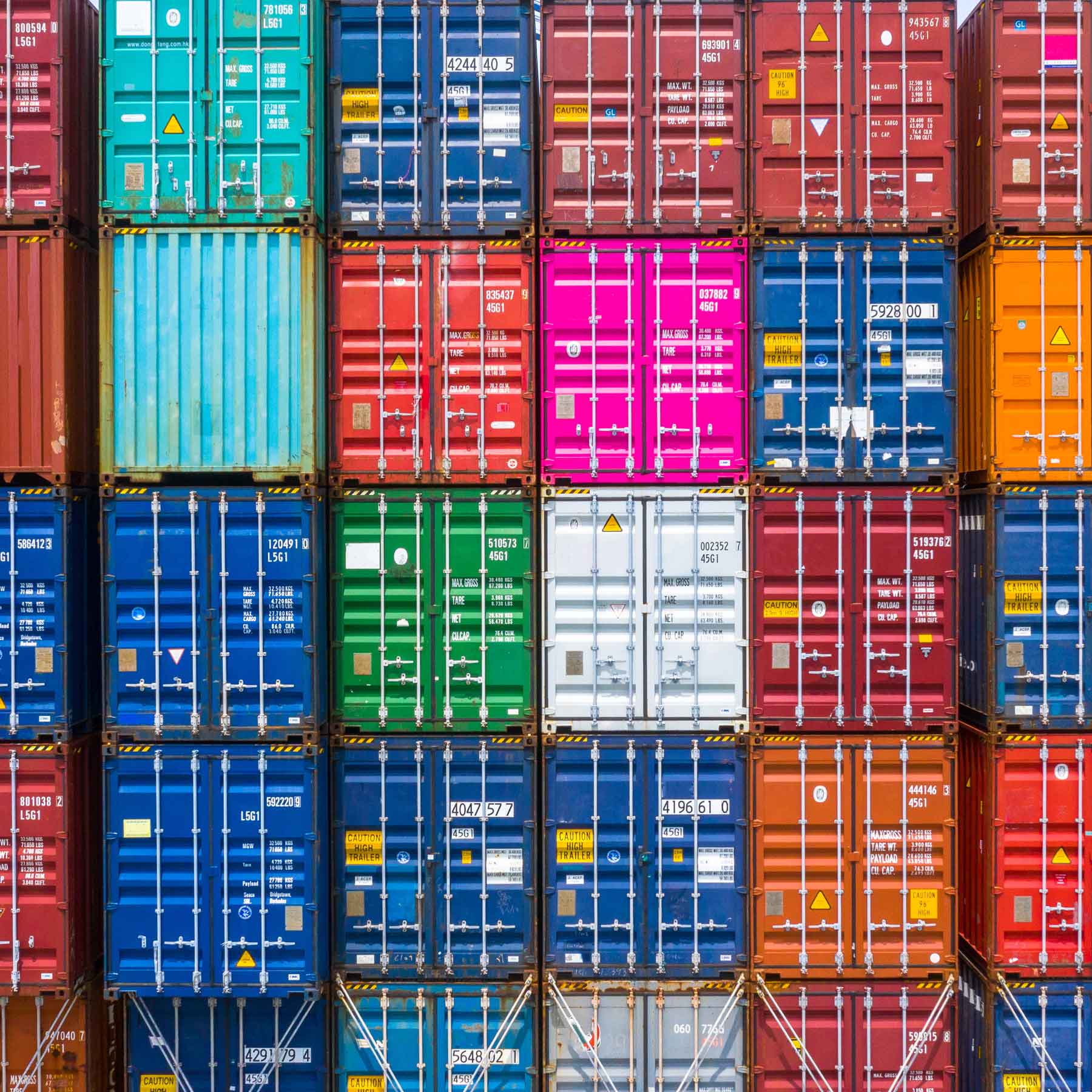India had risen to our number two export market in 2018, but 70% retaliatory tariffs eliminated that market at a cost to the industry of $500 million in lost sales. Those tariffs have now been removed and efforts are underway to regain market share, but the economic impact is still being felt.
Similarly, the apple industry gained market access to China in 2014. Growth was almost immediate, and China quickly rose to be a top market. Again, retaliatory tariffs in 2018 stalled growth and resulted in market loss ever since.
EU officials have consistently prioritized expedited access to the U.S. market for their apples and pears. USApple has raised scientific concerns with this request. Of particular concern is the inclusion of Poland in the EU request. Unlike the other EU countries, Poland does not currently have access to the U.S. market because a formal pest risk assessment has never been conducted. USApple conveyed these scientific concerns to the Animal and Plant Health Inspection Service in 2016 but never received satisfactory answers.
Adding to our concerns, the EU is not a reciprocal market. U.S. apples have extremely limited access to the market due to the EU’s hazard-based pesticide policies which are not grounded in science. Bottom line, if we don’t have access to their market, they should not be given expedited access to ours.
USApple supports a science-based system for decisions regarding the importation of apples into the U.S. as the best defense against foreign pests or disease threats to enter this country and jeopardize U.S. apple production.
In FY 2024, the apple industry received more than $6 million in export market development funds from the USDA’s Market Access Program (MAP). These funds are matched by grower dollars to promote apples in more than 25 countries throughout the globe. Funding for MAP has not increased in nearly twenty years. In that time, fully one-third of MAP funding has been lost to sequestration, inflation, and program administration. The bipartisan and bicameral Expanding Agricultural Exports Act would double MAP funding.





